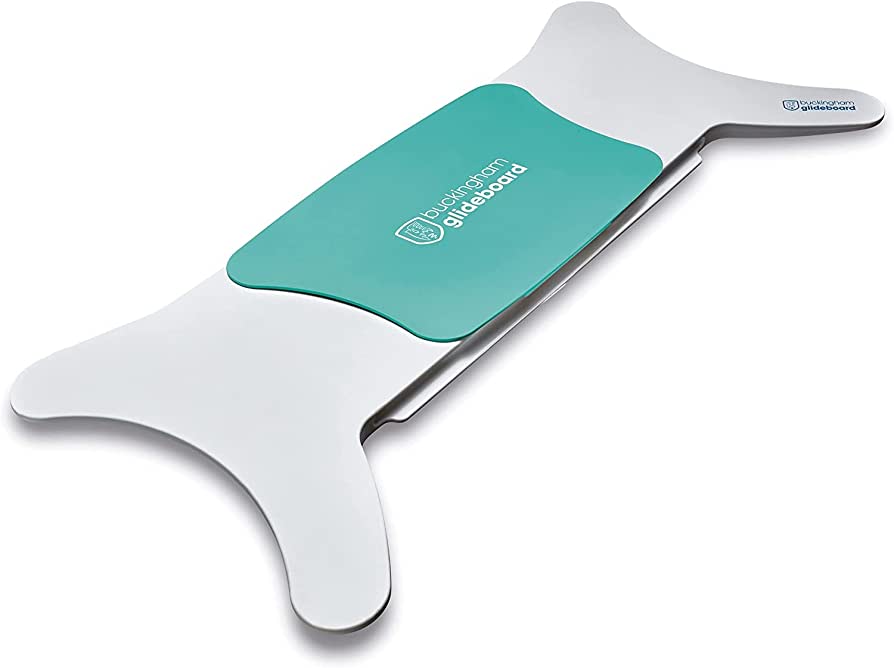Disability Aids For Seniors
Disability Aids For Seniors
As people age, it is common for them to experience a decrease in physical and cognitive capabilities. For senior citizens who have a disability, this decline can become more considerable and impact their daily life.
Nevertheless, there are various disability aids readily available that can assist elders maintain their independence and lifestyle. These help can be available in the type of movement gadgets, adaptive tools for eating and drinking, tools for dressing and grooming, house adjustment help, and communication aids.
By using these aids, seniors can continue to carry out day-to-day jobs that may have ended up being difficult due to their disability. In this short article, we will check out the different types of impairment help offered for elders and how they can enhance their overall wellness. There are several disability aids for seniors available.
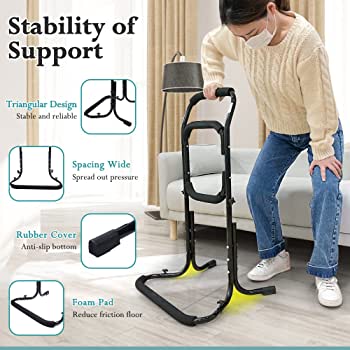
Disability Aids For Seniors
Strolling help are a popular choice for seniors who require help with balance. These help consist of walking canes, crutches, and walkers. Canes are a fantastic option for those who require a little additional support, while walkers are perfect for people who require more substantial aid with balance. Crutches are generally used for those who have actually suffered an injury and need support for a minimal amount of time.
Wheelchair alternatives are also readily available for seniors who require more substantial help with movement. There are many different kinds of wheelchairs to pick from, consisting of manual and electric choices. Manual wheelchairs are propelled by the user, while electrical wheelchairs are powered by a battery. Both kinds of wheelchairs can be found in a range of sizes and designs to meet individual needs.
Stairlift options, scooter types, and transfer equipment are other options readily available for seniors with limited mobility. Stairlifts are gadgets that assist people navigate stairs securely, while scooters offer a means of transport for those who are not able to walk long distances. Transfer devices such as lifts and transfer boards can assist senior citizens move from one surface to another, such as from a bed to a wheelchair.
With these different options available, senior citizens with restricted mobility can discover the right help to help them navigate their environments safely and individually.
Disability Aids For SeniorsReacher Grabber
Making use of adaptive tools for dining, such as feeding gadgets, drinking help, and swallowing tools, can significantly enhance the dining experience for elders. These tools can help individuals with handicaps or limitations to consume with higher ease and comfort.
There are a range of adaptive tools offered, consisting of specialized utensils and cups, that can help with mealtime tasks, such as cutting, scooping, and lifting. One typical type of adaptive tool for dining is utensil adjustments. These can consist of weighted or angled utensils, as well as utensils with bigger handles or grips, making them simpler to hold and manage.
Other adaptive tools for eating and drinking include spill-proof cups, straws, and specialized plates and bowls. These tools can help individuals with conditions such as arthritis, Parkinson's disease, or other handicaps keep their self-reliance while consuming.
For people with more severe disabilities or conditions, mealtime support may be necessary. Caretakers or member of the family can provide hands-on support with feeding and drinking, or specialized feeding gadgets may be utilized to help with swallowing problems.
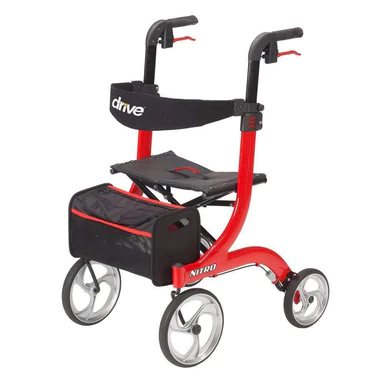
In general, utilizing adaptive tools and mealtime assistance can greatly enhance the lifestyle for senior citizens with impairments, enabling them to preserve their dignity and independence while performing these necessary day-to-day jobs.
Help with dressing and grooming can be simplified through using assistive tools created to promote self-reliance and enhance the everyday routines of people with physical limitations.
For people who have problem with buttoning their clothes, dressing sticks and button hooks can be valuable. These tools make it possible for individuals to attach buttons without the use of fine motor abilities and reduce the time needed to finish dressing jobs. Assistive clothing, such as magnetic closures or Velcro fasteners, can likewise be used to make dressing easier and more effective.
Grooming help such as adaptive combs can be used to assist people with minimal hand mastery in styling their hair. These combs have larger deals with, which make them easier to grip and control. In addition, long-handled combs can be used to reach the back of the head and aid individuals with restricted mobility to style their hair separately.
Likewise, adaptive brushes and combs can be utilized for grooming facial hair. These tools can be useful for people who have trouble holding a conventional brush or comb due to arthritis or other physical restrictions.
In general, adaptive tools for dressing and grooming can substantially improve the lifestyle for elders with impairments. These tools assist promote independence and keep everyday routines, which can have a positive effect on psychological and psychological well-being. By utilizing assistive tools, seniors can continue to engage in self-care activities and maintain their self-respect and sense of autonomy.
It is quite convenient that the physical limitations of a person can be accommodated with the help of house modification tools that promote self-reliance and availability within the living space. These aids are vital for elders with disabilities who wish to preserve their autonomy and lifestyle.
Bathroom adjustments, such as grab bars, shower seats, and raised toilet seats, are required for individuals with mobility concerns to prevent falls and ensure security. Likewise, cooking area aids like adjustable-height counter tops, pull-out racks, and easy-grip utensils can help seniors with arthritis or limited mobility to prepare meals and take pleasure in cooking.
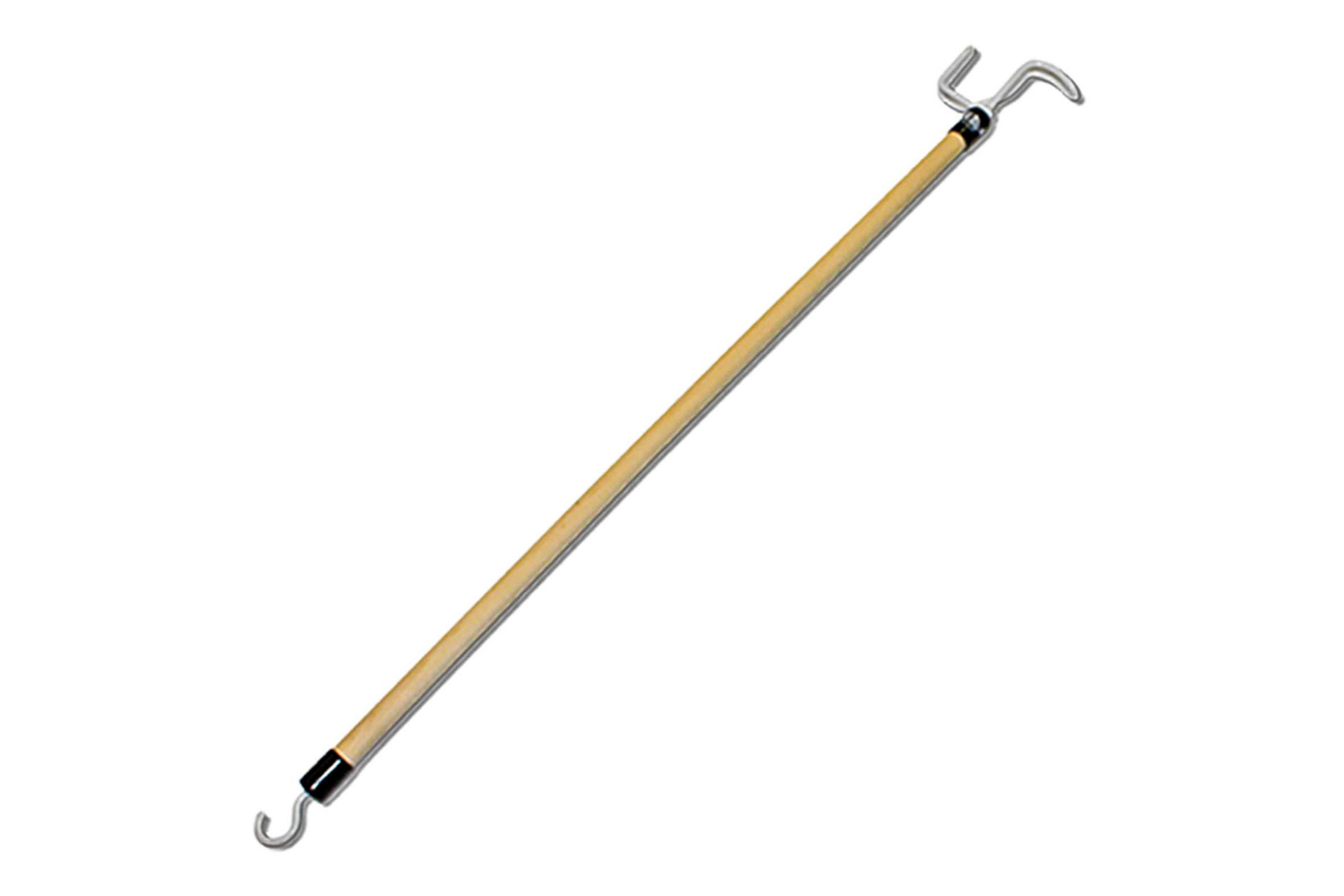
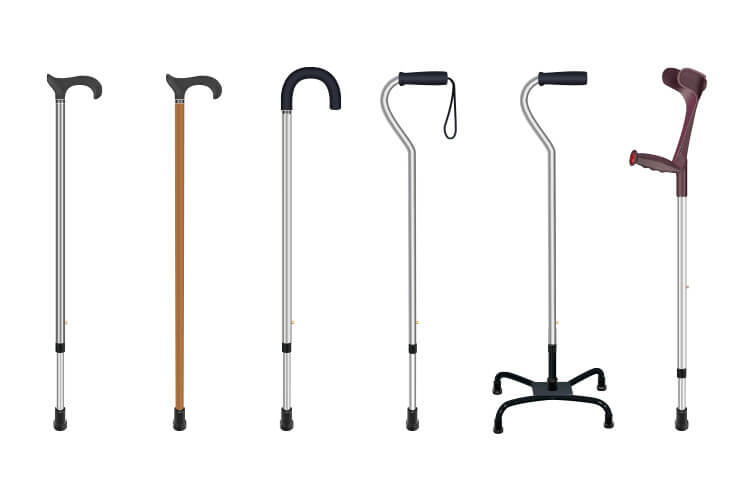
Entryway and exit support like door openers, limit ramps, and handrails can make it easier for elders with movement disabilities to enter and leave their homes securely. Furthermore, stairlifts and ramps can provide wheelchair access to various levels of the house, enabling elders with disabilities to move separately and conveniently.
In summary, house adjustment aids are essential for senior citizens with disabilities to maintain their independence and improve their lifestyle. By making simple adjustments to the home, such as setting up grab bars, adjustable-height countertops, and bed rails, elders with movement problems can reduce the danger of falls and boost their security and comfort. It is important to consider these home modification aids to promote ease of access and independence for elders with impairments.
Interaction is an important aspect of daily life, and for people with speech impairments, interaction help play an essential role in allowing them to reveal themselves successfully. Assistive technology such as speech recognition software, speech synthesizers, and interaction boards can help people with speech impairments to communicate more effectively.
Furthermore, speech therapy can help improve speech production, expression, and fluency for individuals with speech impairments.
